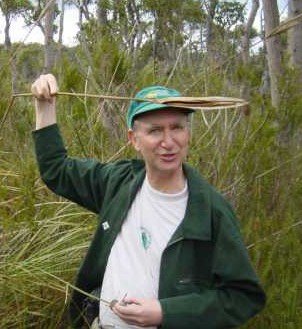
Bio-Cultural Diversity
Bio-Cultural diversity refers to the continuing co-evolution and adaptation between biological and cultural diversities. It also involves the diversities of place and reflects people's ways of living with nature. This co-evolution has generated local ecological knowledge and practices across generations that allow societies across the world to manage their resources sustainably while also maintaining cultural identity and social structures.
The Bio-Cultural Diversity Thematic Group will be particularly concerned with the knowledge and practices of local and indigenous communities with strong connections to wetlands, including through spiritual values linked to water and wetlands.
The Thematic Group’s main aims are:
- Collating Bio-Cultural diversity information (including case studies) relating to Ramsar Sites and other wetlands.
- Developing ‘lessons learned’ concerning bio-cultural diversity and wetlands, including suggestions on how these could be integrated into the Convention’s policy and practice.

Bio-Cultural Diversity Lead - Peter Bridgewater
Dr Bridgewater was the Secretary General of the Ramsar Convention on Wetlands from 2003 until 2007, and before that Director, Division of Ecological sciences, UNESCO, and Secretary, Man and the Biosphere Programme between 1999 and 2003. Peter’s interests include the links between biological and cultural diversity, the management and conservation of coastal zones, landscape ecology and in particular, the role of these issues in sustainable development. Born in the UK and taught in Australian universities, he was Chief Executive of the Australian Nature Conservation Agency from 1990 to 1997, Chief Science Adviser, Environment Australia, and Supervising Scientist, Alligator Rivers Region from 1997 to 1999, and Non-executive Chair, UK-JNCC from 2007-2014 . He has written over 250 publications on nature conservation, environmental governance and biodiversity issues and is currently Visiting Professor at Beijing Forestry University, Visiting Fellow at the Australian National University and member of the Indigenous and Local Knowledge Task Force for the Intergovernmental Platform on Biodiversity and Ecosystem Services (IPBES).